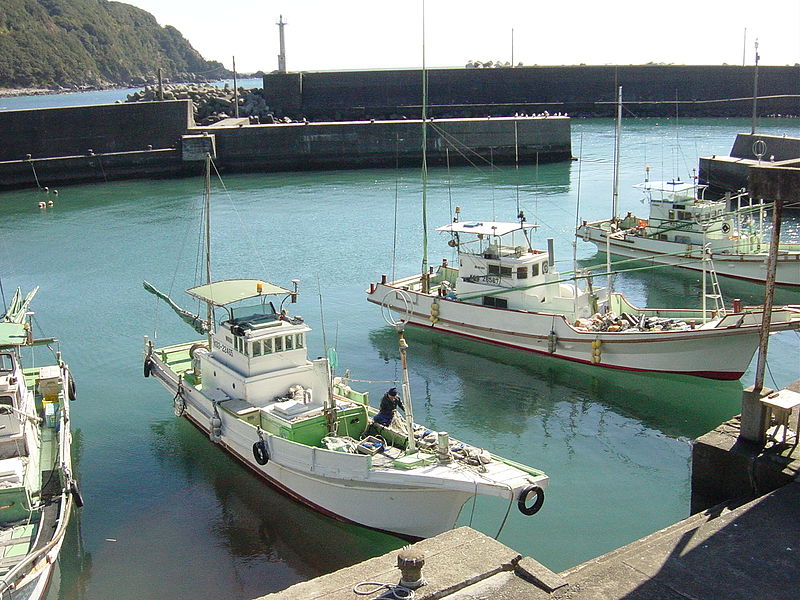February 15 NEC Energy News
¶ “IAEA Reviews Japan’s Plan To Release Fukushima Water Into Ocean” • A team from the International Atomic Energy Agency arrived in Japan on Monday to review a plan to release treated radioactive water from the destroyed Fukushima nuclear plant into the ocean. Japan hoped the visit would help it push through the controversial plan. [DW]

¶ “Megadrought: Western US Dry Spell Is Worst In 1,200 Years, Study Says” • The intense dry spell that’s parched the western US the past 22 years is the region’s worst “megadrought” since at least the year 800, a study published in the journal Nature Climate Change says. Over 40% of it can be blamed on human-caused climate change. [USA Today]
¶ “Putin Could Turn Off Europe’s Gas Tap. This Is The Solution” • As Russian soldiers look ready to invade the Ukraine, Europe is threatened by another crisis. Russia supplies 38% of Europe’s natural gas, and is using the European dependency on its gas as a weapon. One way for Europe to get out of the bind is to bring renewables online quickly. [CNN]
¶ “DOE Will Build Nation’s First Large-Scale Facility To Turn Fossil Fuel Waste Into Rare Materials For Tech” • The DOE plans to build the nation’s first large facility to extract critical minerals like nickel and cobalt from waste like coal ash. The metals could then be used in components for renewable-energy batteries, cell phones, EVs, and other technologies. [CNN]
¶ “Climeworks Announces Boston Consulting, LGT Bank, And Rothesay As New Carbon Removal Customers” • LGT and Boston Consulting Group signed 10-year air capture agreements with Climeworks, for commitments towards carbon removal. The UK’s largest pension insurance specialist, Rothesay, also signed a carbon removal agreement. [CleanTechnica]
For more news, please visit geoharvey – Daily News about Energy and Climate Change.
